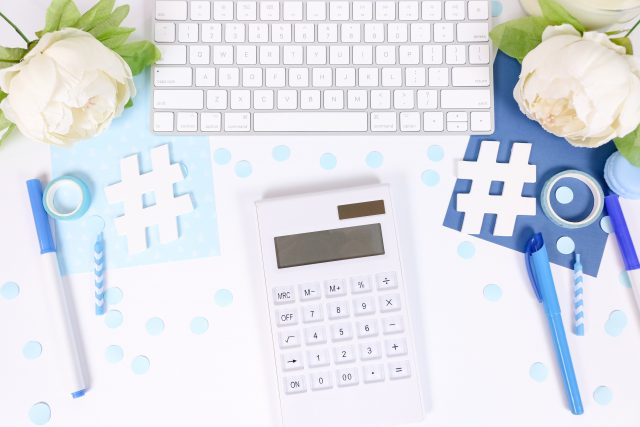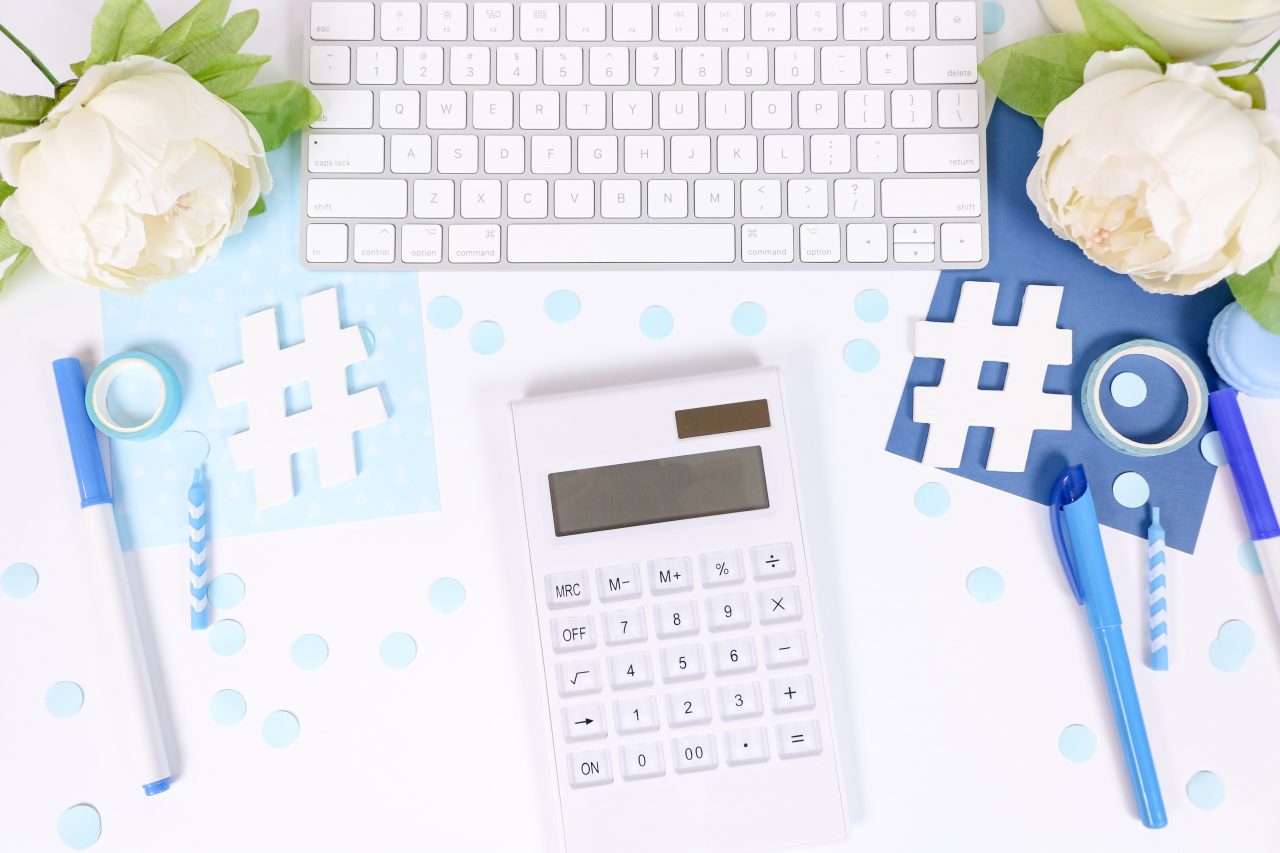Residents often wonder why some of the rules are just so. So we decided to ask the accountant- here are the common questions they get:
What is pro-rated rent? How is it determined?
Pro-Rated rent is the amount of days you occupy the home during the move in month. For example: If you move in on the 15th of March, you will have a prorated rent amount for the 15th-31st of that month. You would not pay a full months rent, until the next month. When you will in fact live there for a full month.
When calculating pro rated rent, best practices determined that it is always calculated on a Banker’s Month. Meaning a flat 30-day calendar month no matter the actual month of move in. Yes, even in February. Once the daily rent is confirmed, you multiply that by the amount of days left in the month including your move in day. (Rent/ 30) x Number of occupied days = Pro Rated Rent
So your first month’s rent should be pro-rated unless you move in on the 1st. The second month is always the full amount.
Why is there a charge if I bounce a check?
A bounced check is slang for a check that cannot be processed because the account holder has non-sufficient funds (NSF).
Passing bad checks can be illegal. They charge because of the extra work that has been needed – sometimes physically returning the check to you, making account adjustments, etc.
So when we deposit your check and you have non sufficient funds, our bank charges us. We pass that charge onto you. The fees are typically $25 for the first check bounced and $35 thereafter, for each tenancy.
According to the lease after two bounced checks we require certified funds. This practice is done to eliminate bounced checks and re-establish financial validity. In most cases you will not be able to come off of certified funds.

Why does the deposit and first months rent have to be separate checks?
Industry best practices is that security deposit funds are kept separate from rental operating cash. The deposit belongs to the resident and rent belongs to the owner. We have one bank account that holds and receives all security deposit money strictly. The second bank account we have only receives rental proceeds. While it can be annoying, this allows us to put your security deposit in the safe and proper account.
Next time you are unsure of a process or want to understand more, don’t be afraid to ask the accountant.


